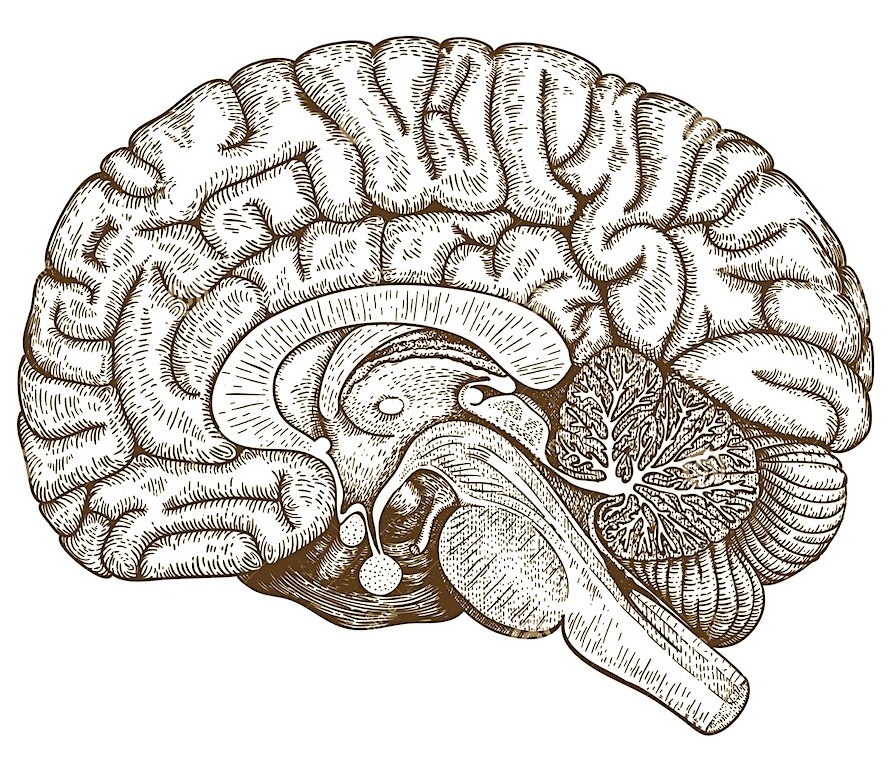
Anti-Semitism (antisemitism), Judeophobia, hatred of Jews. What is it? Is it unique, distinct from other prejudices, something—as Zionists and many others believe—inborn, a contagion carried deep within Gentiles like a sleeping virus that can erupt at any time, anywhere? Is "racial" prejudice based on a natural human aversion to peoples of a darker color, a notion individuals high in positions of Black leadership express, as if it were a fact of nature and can explain the roots of all the ills that have befallen people of African descent in White societies. Is there any basis to support these notions, or are antisemitism and racism the products of history rather than genes?
Color prejudice is a modern phenomenon. It's a product or rationale of slavery and other exploitations of non-Europeans by "whites," not the cause. If the well-born European women painted for posterity throughout the centuries were portrayed with complexions whiter than their natural skin tones, that's because those women did not want to look like peasants who spent their days toiling under a hot sun. And if by the 19th century, "black" became synonymous with "slave," that's not because dark-skin people were always seen as natural slaves because of their skin color. It's the other way around: First there was slavery, then there was racism. Slavery existed for millennia all over the world without color being the rationale for its existence. The word "slave" in most European languages is derived from the word "Slav," because Slavs made up the bulk of the slave population in southern Europe for centuries.
What about prejudice against Jews? Is there something about them that corresponds to skin tone in the case of Blacks that has singled them out for prejudice even by people with have never met a Jew?
There have been persecutions of Jews, including massacres, throughout the history of Christian Europe. But it was only in the 19th century that it became racialized. Prior to that it was a religious animus. If a Jew converted to Christianity s/he was no longer discriminated against, indeed sometimes s/he entered the ranks of the nobility (e.g., 17th-19th century Poland, which extended all the way to the Black Sea) or achieved high social status in government administration (Spain until the late 15th century).
So, why the enduring prejudice against Jews, even by people who have never laid eyes on one?
I think an important part of the answer may lie in the special relationship Jews had with serfs during the 17th and 18th centuries in central and eastern Europe. During that period Jews served as middlemen (women had no agency) between the landholding aristocracy and peasants. In return for autonomy in their own communities (shtetls, they were called) acting as managers and tax collectors for the nobles' estates, some of which were immense, they received a percentage of the taxes collected and enjoyed the protection and even use of state law enforcement—at least the minority of Jews who were in charge did, the well-to-do and the rabbinate—along with complete autonomy over Jews under their authority, including the power of life and death.
Peasants—and there were tens of millions of them—were by far the most repressed and abused people throughout the history of Europe. Put the two together—the virtual enslavement of the peasants and their day-to-day oppression by Jews, and you have a formula for deep resentment, even hatred, not just by those peasants but by by their descendants. Pogroms arose not from the ruling classes or even from the religious hierarchy, but from peasants and the lower Christian clergy, such as monks. And when a pogrom occurred in an East European town, it was not the bourgeoisie townsfolk but nearby peasants who were brought in to do the job. We should not forget that it was a slave, Nat Turner, not Northern abolitionists, who massacred white slave owners and their families in Virginia in 1831.
I grew up in a home where the Irish potato famine of 1845-1852 was a living memory. Yet, my mother was two generations removed from that genocide. If memory of hundreds of years years of British repression could remain vivid in the mind of a woman born in 20th-century America, why not the memory of Jewish repression by the descendants of millions of European peasants? Cultural memory is long and persistent. Think Serbia and Kosovo. How realistic is it to expect the descendants of American slaves to distinguish between the landowners of the South from the Simon Legrees who executed their will? Indeed, for East European peasants, hatred of Jews was of a piece with hatred of the nobility who employed them.
Why does this matter? It matters because believing antisemitism is somehow endemic to gentiles, that hatred of Jews is inborn and without historical rationale, can lead not just to violence against Jews but to violence by Jews, or at least by Zionists, like the mass murder being committed by Israel in Gaza, and by the expulsion and repression and murder of the Palestinians that preceded it.
It would also be a mistake to believe human beings naturally despise and degrade other people because of a difference in skin tone. The myth of inborn antisemitism—a narrative taught in Israeli schools from kindergarten on up and believed by many Jews who live elsewhere in the world—must be eradicated as well. There is a cause, or at least an historical narrative, for antisemitism, just as there is a cause for color prejudice that has nothing to do with skin color. Till we acknowledge all prejudice has a cause, if not a justification, we will be slaves to mythologies self-serving to some but disastrous for others, as so much of the 20th century demonstrated, and as the headlines of today's newspapers still do.